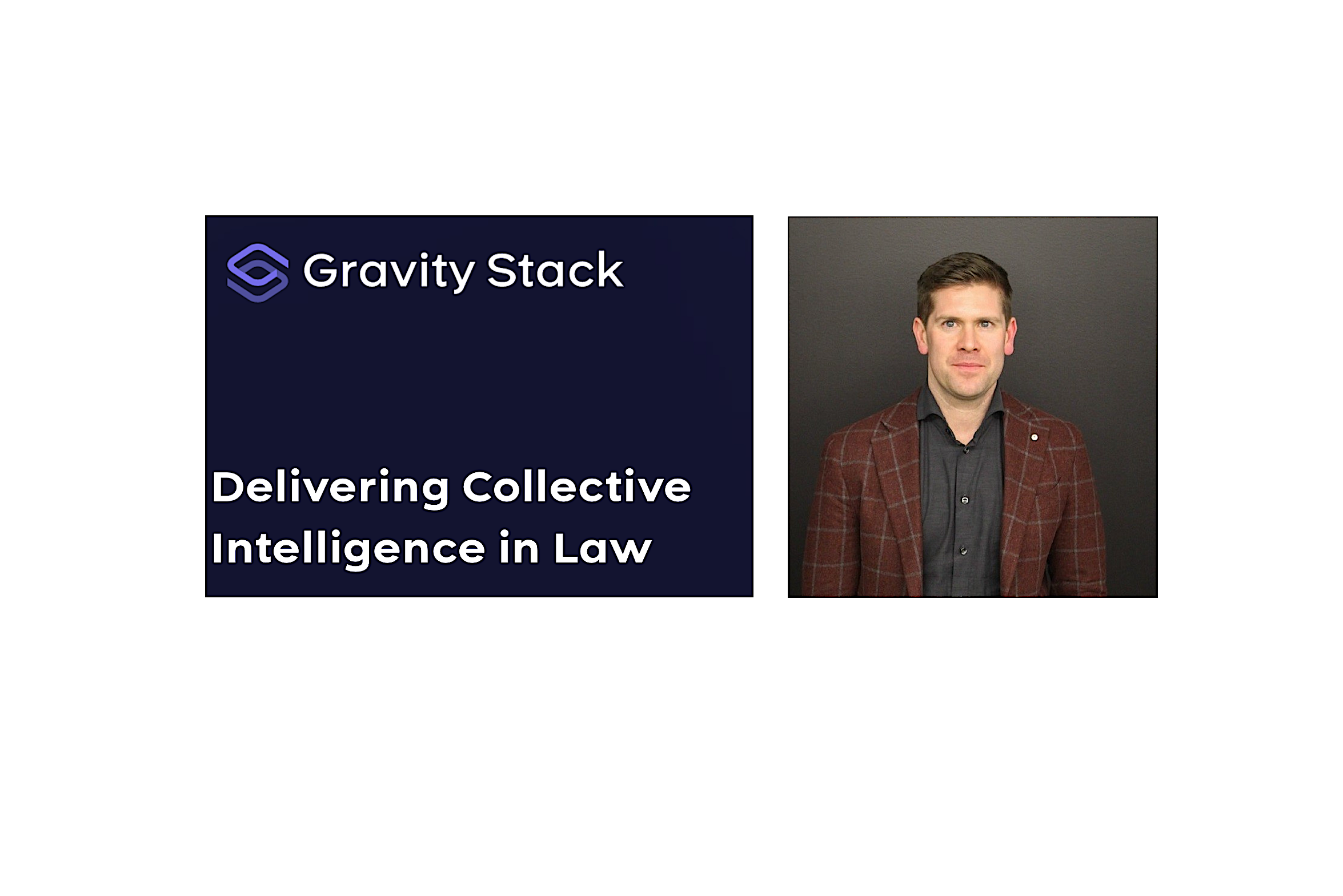It’s almost Inauguration Day. Will there be any checks on Trump’s power?
The U.S. government's system of checks and balances can withstand attempts at presidential overreach, and the Senate, courts, and civil society must do their part to ensure that the Constitution is upheld.

The president is not a dictator, not on “day one” (as Donald Trump has proclaimed) or on any other day.
And voters did not elect Trump to be a dictator. He does not have a mandate to change the Constitution and override the other branches of government to pursue his agenda.
In the coming months and years, there is no doubt our government’s system of checks and balances will be tested. But the system can withstand, so long as those who have the duty to check presidential overreach do their jobs.
They must remember that the voters want a government of, by and for the people — one that is responsive to their needs and preserves their freedoms — not government by any one official or wealthy supporter.
Upon swearing in, members of Congress take an oath of office to “support and defend the Constitution of the United States against all enemies, foreign and domestic.”
This oath is a promise to prioritize the Constitution and defend our government from attempted power grabs even in the face of partisan loyalties. Whether the Senate keeps that promise will be seen first in how the body scrutinizes Trump’s Cabinet nominees.
Trump is attempting to reward his top loyalists and donors with powerful — and potentially self-serving — positions in his administration, despite their lack of qualifications.
A key check to this abuse of power is through the Senate, which is constitutionally mandated to provide advice and consent on nominees. The Senate should thoroughly vet Trump’s nominees and not bend to the will of Trump’s demands for recess appointments to avoid Senate scrutiny.
Furthermore, a party majority in the Senate doesn’t mean one-party rule. The filibuster raises the vote minimum to 60 to advance most legislation. With the current makeup of 53 Republicans and 47 Democrats, compromise will be necessary.
The U.S. Supreme Court is the final arbiter of matters involving the U.S. Constitution. It establishes precedent, interprets the law and checks attempts to grab power by the executive or legislative branch.
One of the most important checks the Supreme Court can provide against presidential overreach is “judicial review.” When the constitutionality of an executive action is challenged in court, for example, the court can declare it unconstitutional, which it has done numerous times throughout history.
The federal judiciary’s power goes beyond our nation’s capital. All federal courts have the power to rule on matters related to the Constitution. For example, federal courts served as a vital check on the 2020 Trump presidential campaign. Federal judges — even some appointed by Trump — consistently delivered pro-voter rulings that rejected Trump’s legal efforts to overturn the 2020 election result.
Nonpartisan legal and advocacy groups will uncover and expose government actions that are corrupt or weaken the rule of law; this includes stopping any action that could threaten Americans’ freedom to vote or to have their votes fairly counted in 2026, 2028 or beyond.
They will continue to advance solutions that give every American a real voice in decisions made by elected officials. These solutions include advancing fair voting maps to end gerrymandering, providing information that voters have a right to know — such as who is spending huge sums to influence their votes — and expanding the freedom to vote for all Americans.
Addressing these issues head on is how Americans can make sure they will continue to have the freedom to speak out, the freedom to lobby their representatives, and the freedom to support the Constitution’s limits on presidential power.
As Ronald Reagan said in his inaugural speech as governor of California in 1967: “Freedom is a fragile thing and it’s never more than one generation from extinction. It is not ours by way of inheritance; it must be fought for and defended constantly by each generation, for it comes only once to a people. And those in world history who have known freedom and then lost it have never known it again.”
Trevor Potter is the founder and president of Campaign Legal Center.
What's Your Reaction?







































![Depth of Knowledge and leading PD [NAESP]](http://dangerouslyirrelevant.org/wp-content/uploads/2025/01/NAESP-Logo-Square-2.jpg)








































